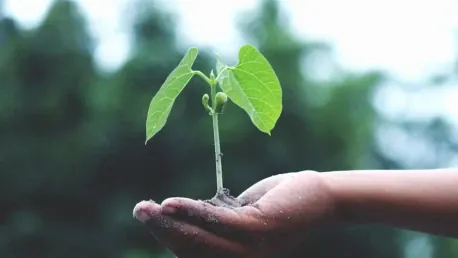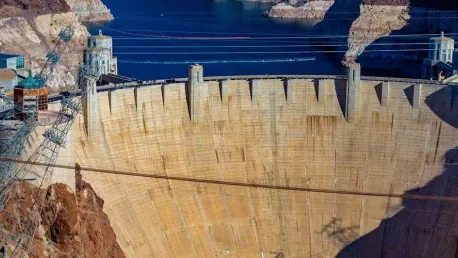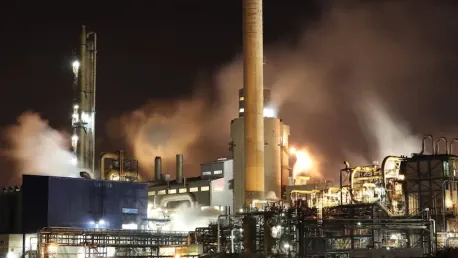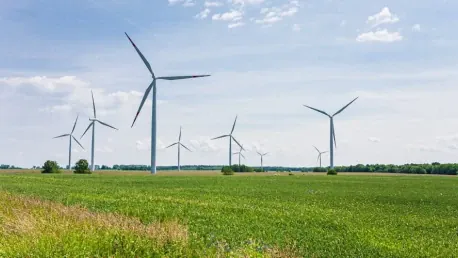
Improving energy efficiency in buildings is a critical step towards achieving net-zero greenhouse gas emissions. However, it is equally important to ensure that these improvements do not compromise indoor air quality. The National Engineering Policy Centre (NEPC) has highlighted the need for a

The escalating threat of climate change has reached a point of global consensus, depicting a ubiquitous acknowledgment of its potential perils to humanity. However, while a majority across the globe recognize human actions as contributors to climate emergencies, there exists a disparity between

Hydroelectric energy, often described as the "backbone of clean power," is a significant global energy source. It generates over 4,300 TWh annually, enough to meet the energy demands of the entire United States, which used 4,070 TWh in 2022. However, the potential for building new hydroelectric

The 2025 National Budget of Zimbabwe, presented by Finance Minister Professor Mthuli Ncube, has incited considerable discussion, particularly concerning its climate-friendly initiatives. The budget includes notable measures such as reducing customs duties on electric vehicles (EVs), offering tax

As global efforts intensify to achieve greener and more sustainable energy systems, hydrogen is becoming an increasingly important candidate in the zero-emission transport sector. Its promise lies in various attributes such as fast refueling times, versatility across different vehicle types, and

In a bold move aimed at revolutionizing the energy landscape, the Mexia Electricity Company has unveiled a comprehensive strategy designed to integrate advanced green technologies into its operations. With the escalating concerns surrounding environmental sustainability and an ever-increasing